10 People in Sports Who Don’t Get Paid Enough
We’re used to seeing headlines about multi-million-dollar contracts and lucrative endorsement deals in the sports world. But behind the scenes, there are hardworking athletes and professionals who play vital roles yet earn shockingly low salaries. From minor league players scraping by to college athletes generating billions without a paycheck, here are ten people in sports who definitely deserve a raise.
Sparring Partners
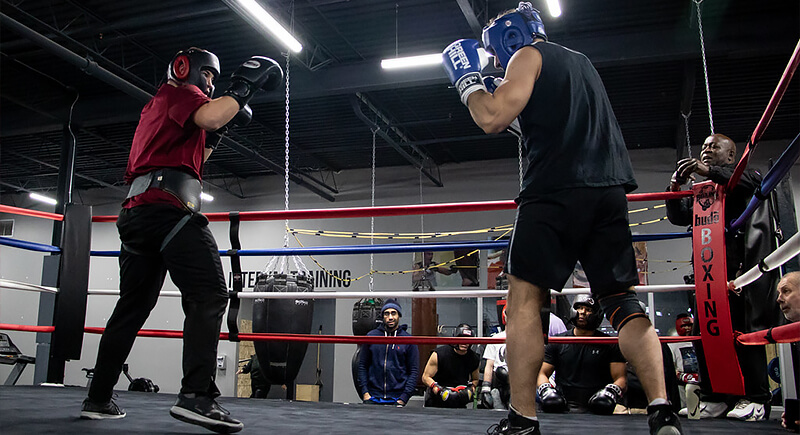
Credit: flickr
Sparring partners literally get paid to get punched. While they play a crucial role in helping fighters prepare for major bouts, they earn shockingly little. Top-tier partners can make a few thousand dollars a week, but many earn as little as $50 per session. No medical coverage, inconsistent work, and constant physical punishment—it’s brutal and undervalued.
Official Scorers
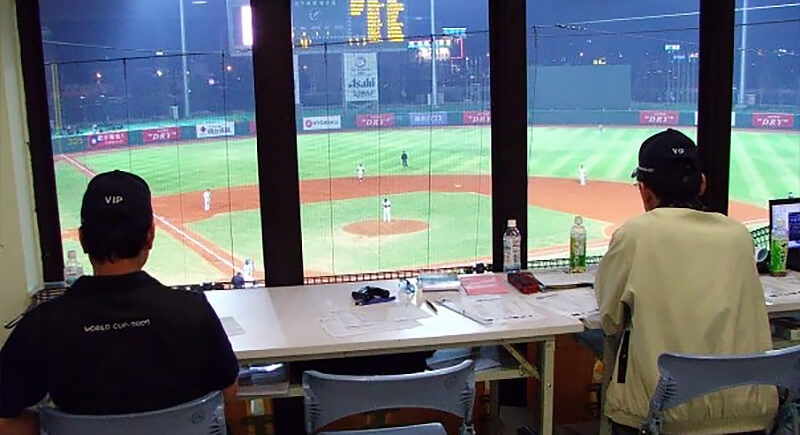
Credit: Wikimedia Commons
Official scorers in baseball determine crucial game stats like hits and errors, impacting player records and salaries. Yet, they make around $150 per game, barely covering expenses. Their decisions influence everything from contracts to Hall of Fame eligibility, but their compensation is far from reflecting the pressure and responsibility they shoulder.
NFL Cheerleaders
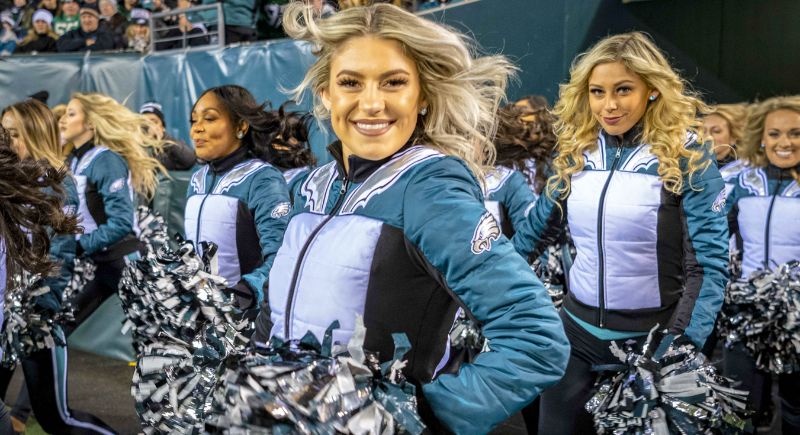
Credit: Wikimedia Commons
NFL cheerleaders bring energy and entertainment to games but are considered independent contractors, leaving them without benefits. Some earn less than $5 an hour after mandatory rehearsals and appearances. Multiple lawsuits have led to back pay settlements, but the fight for fair wages continues in an industry that clearly has the budget to pay more.
Minor League Baseball Players
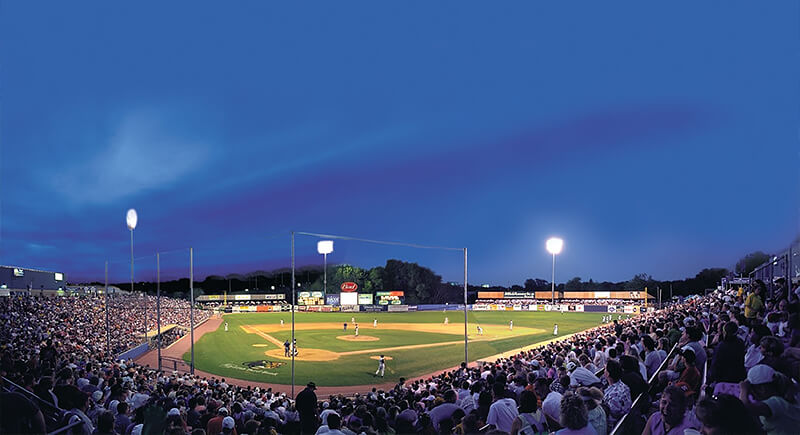
Credit: flickr
While MLB stars sign multi-million-dollar contracts, minor league players struggle to make ends meet, often earning less than $7,500 a year. With grueling schedules and no union representation, they face financial instability despite being the talent pipeline for major league teams. This wage gap is one of the biggest disparities in professional sports, thought the MLB recently has taken some steps to improve this.
NBA G-League Players
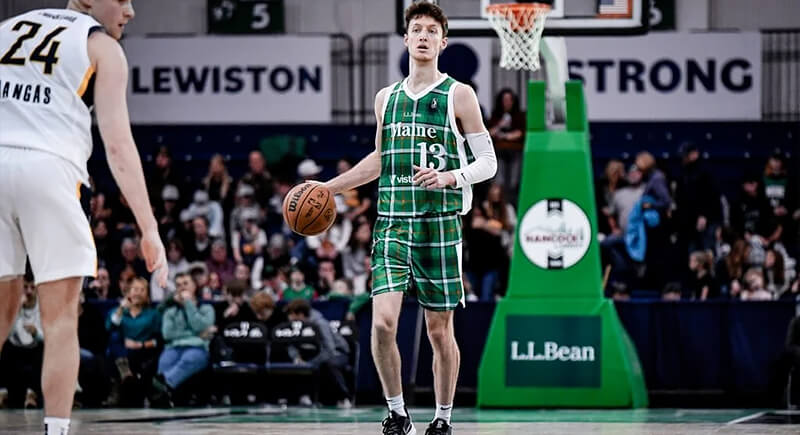
Credit: Reddit
Aspiring NBA stars in the G-League (formerly D-League) make as little as $40,500 per season. That’s for months of intense training and travel, all while trying to break into the big leagues. Many players opt for international leagues offering better pay, undermining the G-League’s purpose of nurturing NBA talent at home.
Practice Squad Players
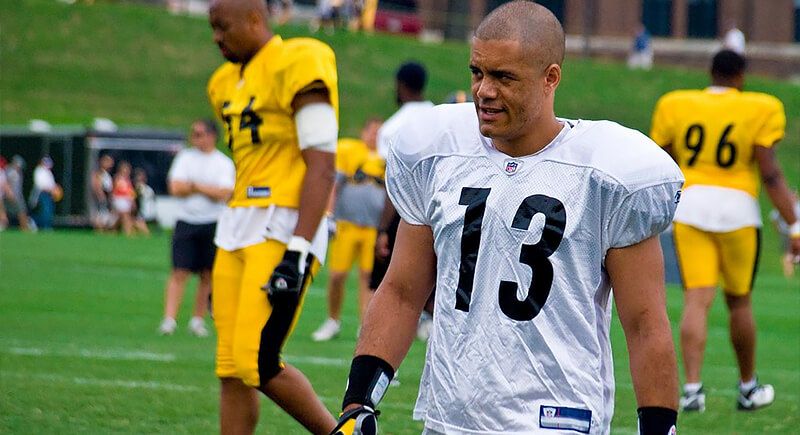
Credit: flickr
NFL practice squad players help prepare the main roster by simulating opponents’ plays but earn just $6,900 per week during the season. While this may seem decent, their job is physically demanding, risky, and lacks the financial security of active roster contracts. They endure the same hits without the same rewards.
Bullpen Catchers
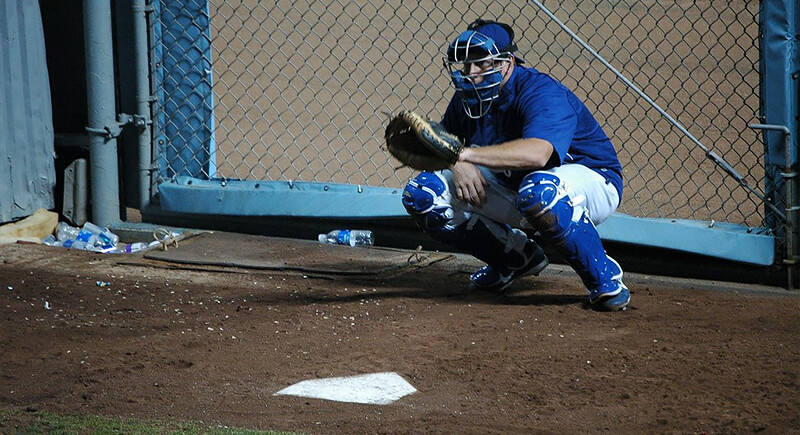
Credit: flickr
Bullpen catchers spend hours catching fastballs from MLB pitchers, rubbing dirt on baseballs, and managing equipment, yet they earn significantly less than players. They endure the physical toll of catching without the glory or paycheck of rostered catchers, despite their crucial role in keeping pitchers game-ready.
Special Teams Gunners
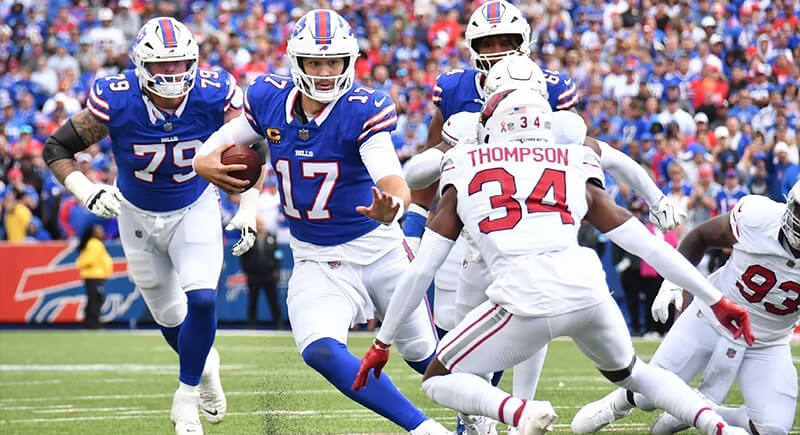
Credit: Reddit
Special teams gunners are the unsung warriors of football, sprinting down the field to tackle returners amidst high-speed collisions. They face extreme physical risks but earn far less than star players. Despite being pivotal for field position and team strategy, they remain underpaid and underappreciated.
College Athletes
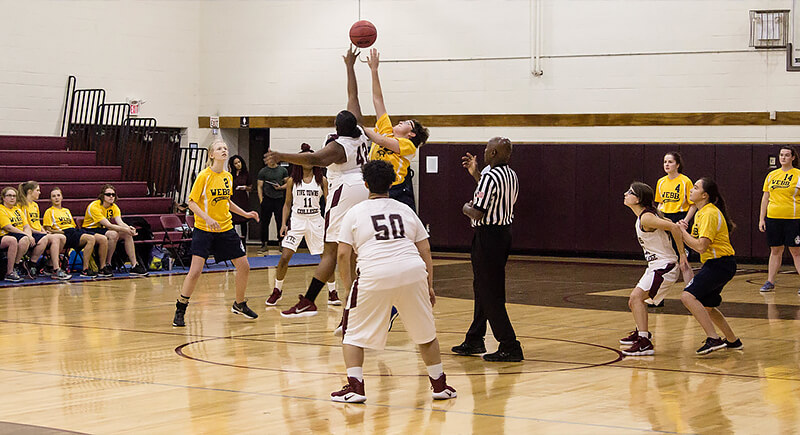
Credit: flickr
College athletes generate billions in revenue through TV deals, sponsorships, and ticket sales, yet they are prohibited from earning a direct salary. Scholarships help, but they don’t cover all expenses. Recent changes allow athletes to profit from their name, image, and likeness, but direct compensation remains a contentious issue.
Special Teams Punters
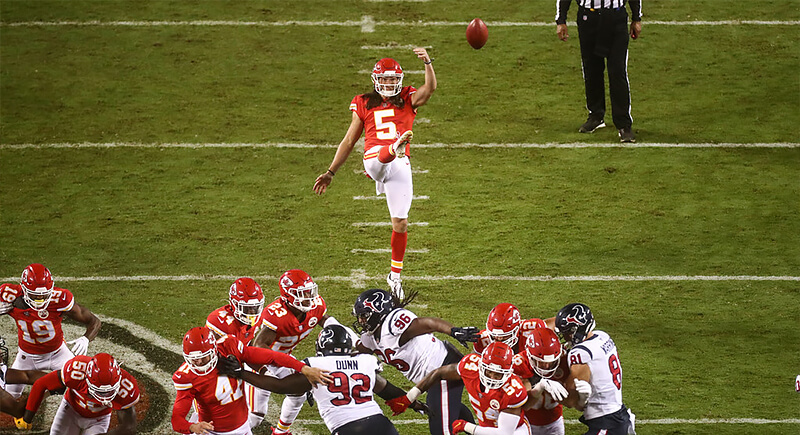
Credit: flickr
Punters directly impact field position and game outcomes, yet they’re among the lowest-paid NFL players. Despite their strategic importance, their earnings pale in comparison to other positions. The pressure to perform consistently, coupled with the constant threat of replacement, makes this a tough yet underpaid job.